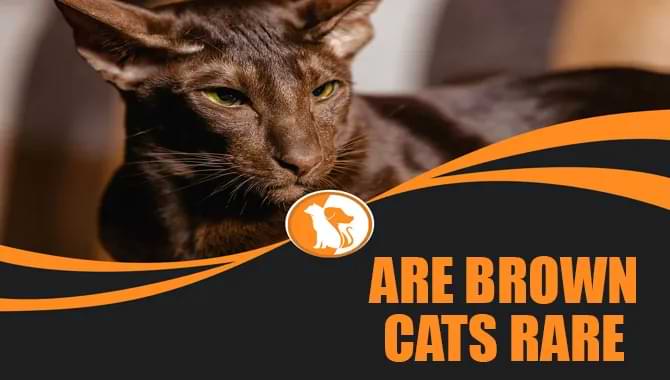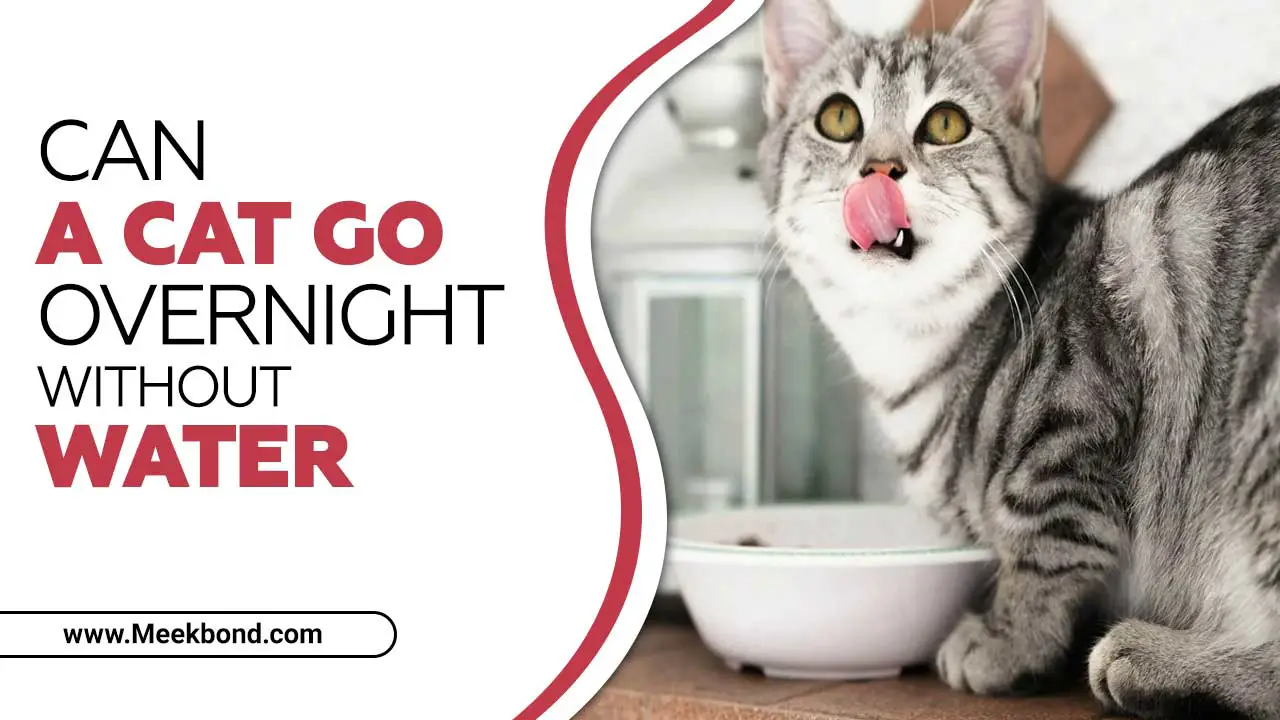Depo Medrol, also known as methylprednisolone acetate, is a commonly prescribed corticosteroid medication used to treat a variety of inflammatory conditions in cats.
However, some pet owners have reported that after their cat receives a Depo Medrol injection, their feline companion becomes lethargic and shows a decrease in energy levels. This side effect has caused concern and confusion among cat owners, leading them to wonder if Depo Medrol is safe for their beloved pets.
We will delve into Depo Medrol cat Lethargic and the possible causes of a cat’s lethargy after receiving a Depo Medrol injection. The potential risks and benefits of this medication, and what pet owners should know before deciding to use Depo Medrol for their feline friend. By understanding the facts about Depo Medrol and its effects on cats, pet owners can make informed decisions about their cat’s health and well-being.
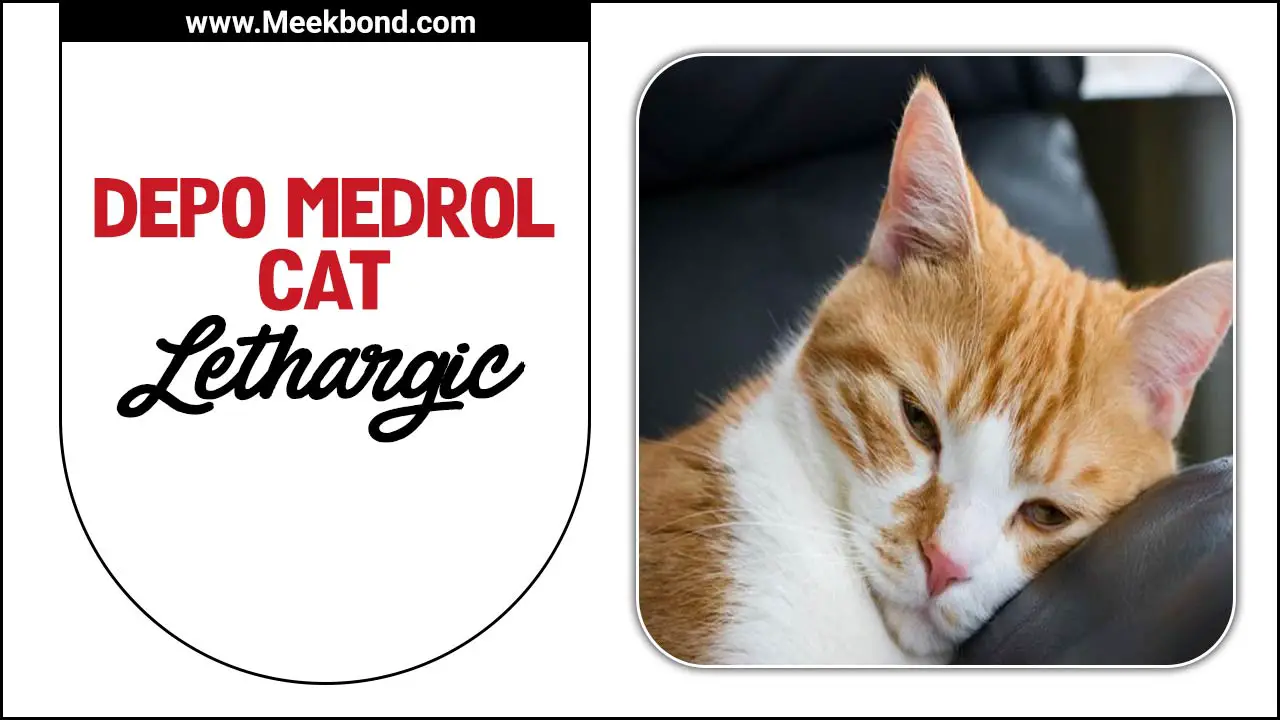
What Is Depo Medrol?
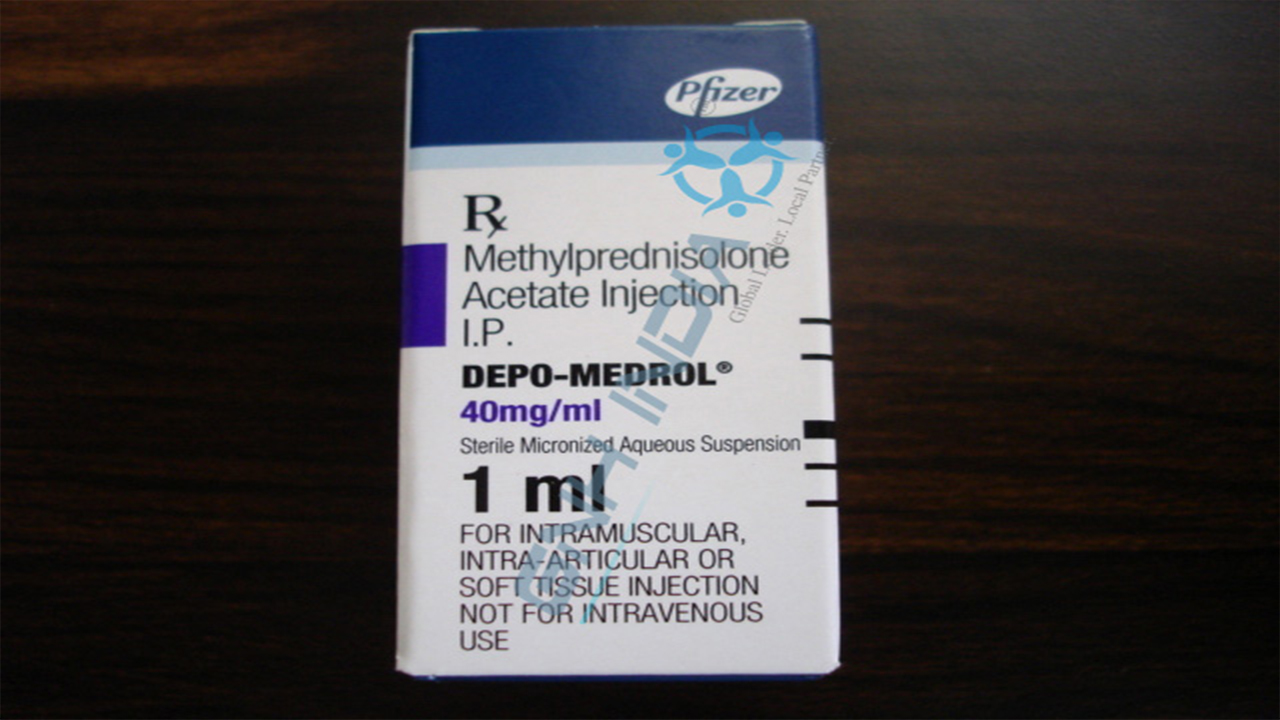
Depo Medrol is a medication commonly used in veterinary medicine to treat inflammation and reduce pain in cats. It belongs to a class of drugs called corticosteroids, which are powerful anti-inflammatory agents. Depo Medrol is administered as an injection and works by suppressing the body’s immune response, thereby reducing inflammation and relieving symptoms.
It can be particularly helpful in managing conditions such as arthritis or allergic reactions. However, it is important to note that Depo Medrol should only be used under the guidance of a veterinarian, as it can have potential side effects and may not be suitable for all cats. If your cat is lethargic after receiving DepoMedrol, it is important to consult with your veterinarian for further evaluation and guidance.
Common Uses Of Depo Medrol In Cats
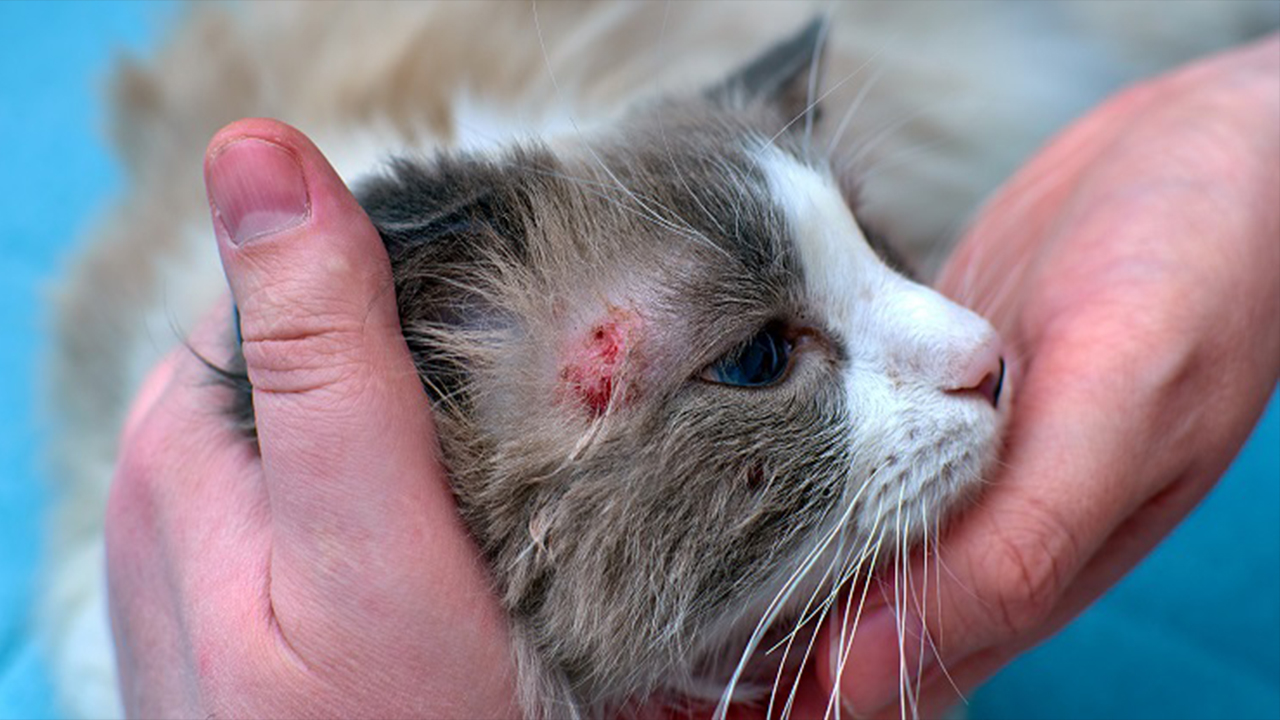
Depo Medrol is a commonly handy medication in cats for various medical conditions. One of the primary uses of DepoMedrol in cats is for the management of allergies and allergic reactions. It can help to reduce inflammation and relieve symptoms such as itching and skin irritation.
Depo Medrol is also used in cats with certain autoimmune disorders, such as the eosinophilic granuloma complex, where it can help suppress the immune response and reduce inflammation. Additionally, Depo Medrol may be prescribed in cats with inflammatory bowel disease or asthma to help control inflammation in the gastrointestinal tract or airways.
It’s important to note that Depo Medrol should only be used under the guidance of a veterinarian, as it can have potential side effects and should be used judiciously to avoid long-term complications.
What Does Depo-Medrol Do For Cats?
Depo-Medrol is a medication that is commonly used in cats to treat a variety of conditions. It is a corticosteroid that works by reducing inflammation and suppressing the immune system. Depo-Medrol can be handy to manage allergic reactions, skin conditions, respiratory issues, and certain autoimmune disorders in cats. It can also provide relief from pain and discomfort associated with these conditions.
However, it is important to note that Depo-Medrol should only be handy under the guidance of a veterinarian, as there can be potential side effects and risks associated with its use. Your veterinarian will be able to determine if Depo-Medrol is the right treatment option for your cat and can provide you with more information about how it works and what to expect during treatment.
Why Is Depo Medrol Cat Lethargic Prescribed For Cat? 5 Reasons
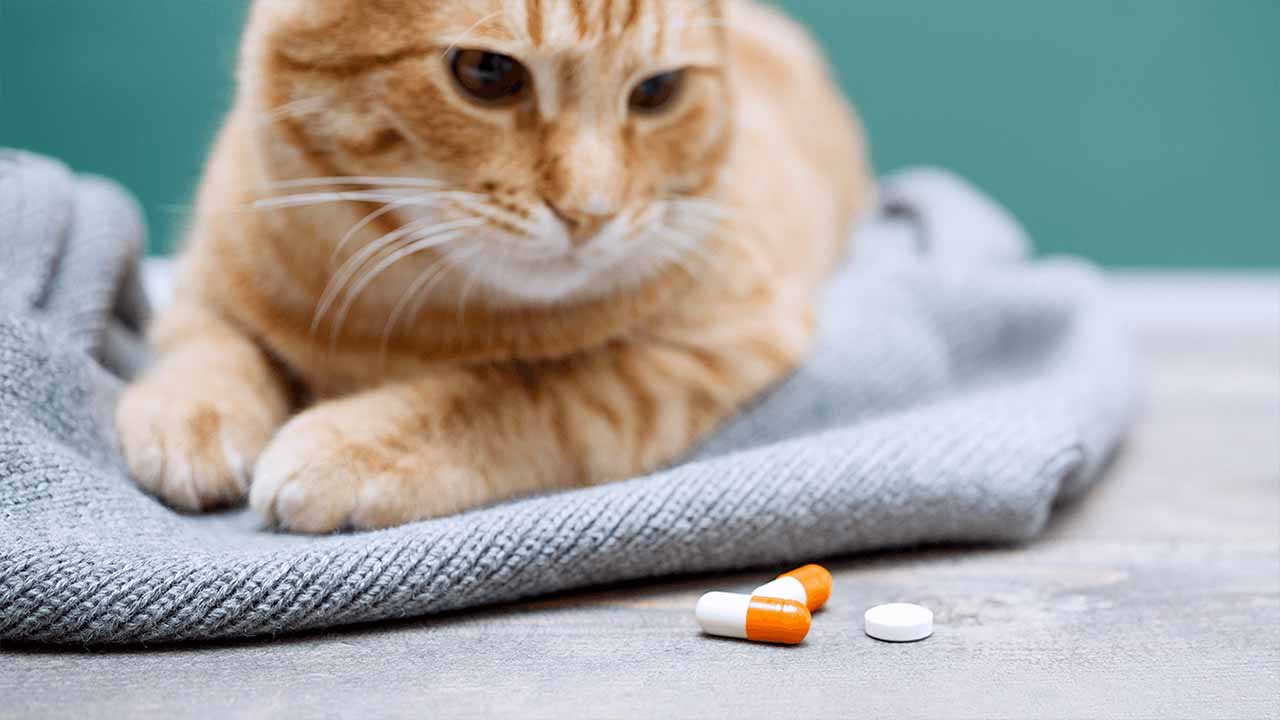
Depo-Medrol is handy for the treatment or prevention of acne in cats. It works by stopping abnormal skin cell growth. If there are multiple spots, pimples, or blackheads on your cat’s face, then it will probably be helpful to try depoprogesilate and dermistermalin before using 5% clindamycin peels again. If they have not improved within 3 weeks, you should contact vet to book a consultation.
Depo Medrol is a medication that is sometimes prescribed to cats for various reasons. One of the common side effects of Depo Medrol is lethargy, which can be beneficial in certain situations. Here are five reasons why Depo Medrol may be prescribed to a cat:
- Allergies: If a cat is experiencing severe allergies, such as itching and scratching, Depo Medrol can help reduce these symptoms and provide relief. However, it can also cause drowsiness and lethargy.
- Inflammation: Depo Medrol can be used to treat inflammation caused by conditions such as arthritis or skin disorders. By reducing inflammation, it can help alleviate pain and discomfort in cats. Lethargy may occur as a result of the medication’s sedative effects.
- Feline Asthma: Cats with asthma may benefit from Depo Medrol, as it can help reduce inflammation in the airways and improve breathing. However, it may also cause drowsiness and lethargy.
- Autoimmune Diseases: Some autoimmune diseases in cats, such as eosinophilic granuloma complex or pemphigus foliaceus, can be managed with Depo Medrol. It helps suppress the immune system’s response and reduce inflammation, but this can also lead to lethargy.
- Post-Surgical Recovery: After a surgical procedure or injury, a cat may be prescribed Depo Medrol to manage pain and swelling during the recovery process. While it can aid in healing, it may also cause the cat to feel more tired or lethargic than usual.
Side Effects Of Depo-Medrol For Cats
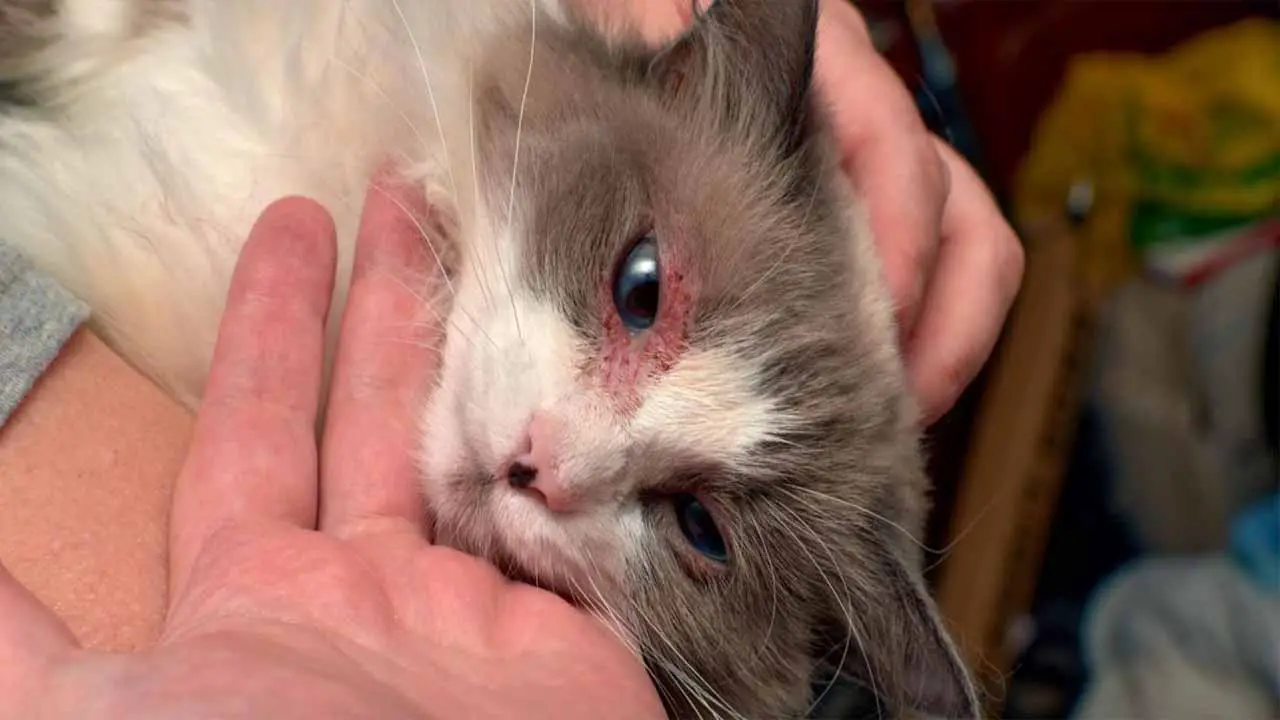
Depo-Medrol is a commonly handy medication for cats that can provide relief from inflammation and pain. However, it’s important to be aware of the potential side effects that can occur with its use. One common side effect is lethargy or drowsiness.
Some cats may experience a decrease in energy levels or become less active after receiving a Depo-Medrol injection. While this is generally not cause for concern. It is always important to monitor your cat and report any significant changes in behavior to your veterinarian.
Other possible side effects of Depo-Medrol for cats include increased appetite, increased thirst, and weight gain, renal disease, allergic diseases, cardiac disease, heart diseases. If you have any concerns about the side effects of Depo-Medrol or if your cat experiences any unusual symptoms, it’s best to consult with your veterinarian for guidance and advice.
Treatment Options For A Cat Experiencing Lethargy After Receiving Depomedrol
If your cat is experiencing lethargy after receiving DepoMedrol, it is important to consult with your veterinarian for guidance. Lethargy can be a potential side effect of this medication, and your vet will be able to assess the situation and determine the best course of action.
Depending on the severity of the lethargy and any other accompanying symptoms. Treatment options may include monitoring the cat closely, providing supportive care such as fluids or medications, or adjusting the dosage or frequency of DepoMedrol administration.
Your vet will be able to provide personalized advice based on your cat’s specific needs and medical history. Cat vitamins, cat supplements, or other medications may be prescribed in order to reduce any potential side effects of DepoMedrol.
Tips For Managing A Cat’s Overall Health And Well-Being While Using Depo Medrol
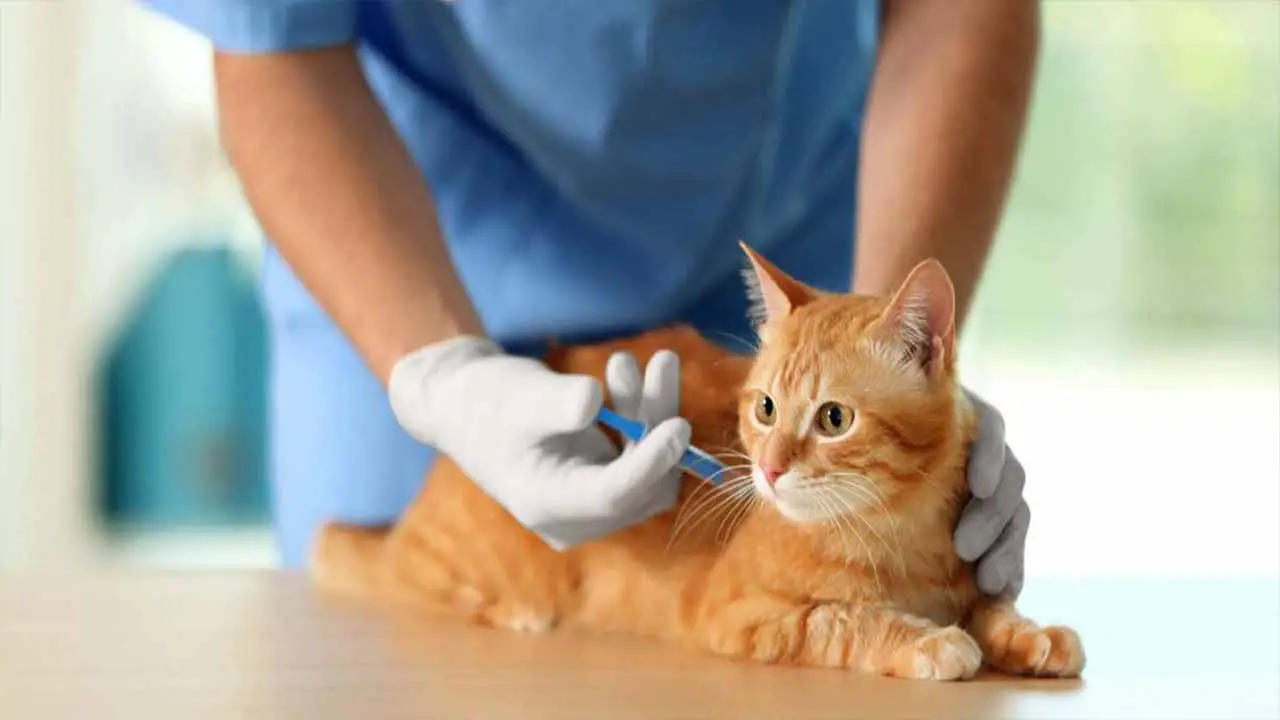
While DepoMedrol can be an effective treatment for certain conditions in cats. It is important to also focus on managing their overall health and well-being.
Remember, it is important to work closely with your veterinarian to ensure that the use of Depo Medrol is appropriate for your cat’s specific needs and to address any concerns or questions you may have about their overall health while using this medication. Here are some tips for ensuring your cat stays healthy while using DepoMedrol:
- Regular Veterinary Check-Ups: Schedule regular check-ups with your vet to monitor your cat’s health and ensure that the medication is still appropriate for them.
2. Balanced Diet: Provide a balanced, nutritious diet to support your cat’s immune system and overall health. Speak with your vet about any dietary changes that may be necessary while your cat is on DepoMedrol.
3. Exercise And Mental Stimulation: Encourage regular exercise and provide plenty of mental stimulation to keep your cat active and engaged. This can help prevent weight gain and promote overall well-being.
4. Monitor For Side Effects: Keep an eye out for any potential side effects, such as increased thirst or appetite, vomiting, or changes in behavior. If you notice any concerning symptoms, contact your vet immediately.
What Are The Main Benefits Of Depo-Medrol For Cat?
Cat owners are usually interested to know about the main benefits of Depo-Medrol for their cats. The most important benefit is that it’s safe.
However, since cats don’t allow more than a small dose of medicine in one shot, this medication needs to be given several times per day every 3 days until your pet reaches its final goal weight (typically, you need an average weight of around 5 pounds).
You cannot simply stop the medication once your cat has reached its final weight. The reason for this is that you need to continue with other medications (other anti-diabetic treatments are required) in order to reduce or fix even higher blood sugar levels. Nevertheless, this will never ruin its life.
So, by using Depo-Medrol as prescribed by a doctor, cats get all the benefits of diabetes treatment without any fear and suffering related to the aforementioned side effects.
Depo-Medrol For Cats Dosage
Determining the proper dosage or effective dose of Depo-Medrol for cats is crucial to ensure their safety and well-being. The dosage will depend on several factors, including the cat’s weight, age, and overall health condition.
It is important to consult with a veterinarian before administering Depo-Medrol to your cat, as they will be able to provide you with specific dosage instructions tailored to your cat’s individual needs. They may also advise on the frequency of administration and any potential side effects to watch out for. Remember, only administer medication to your cat under the guidance and supervision of a qualified veterinary professional.
How Long Do The Side Effects Of Depo-Medrol Last In Cats?
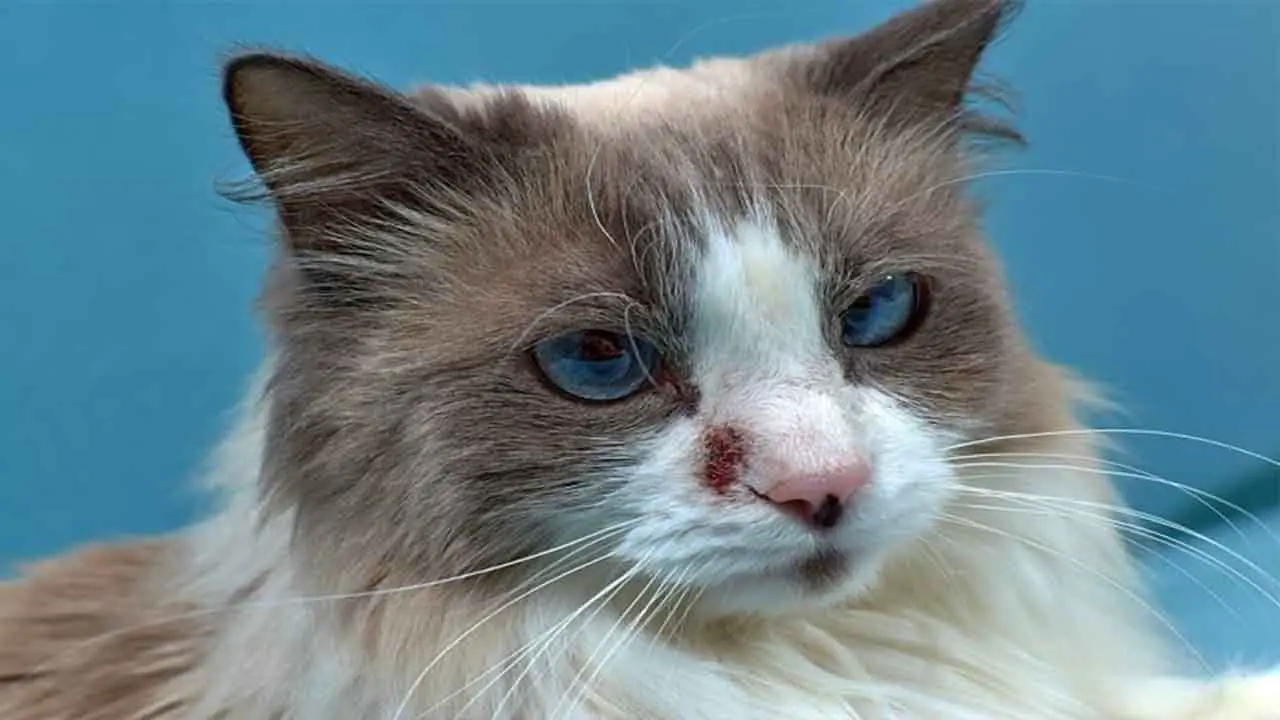
The duration of side effects from Depo-medrol in cats can vary depending on the individual cat and the specific side effect experienced. In general, most side effects will resolve within a few days to a few weeks after administration of the medication.
However, it is important to note that some cats may experience longer-lasting or more severe side effects. If you have concerns about the duration or severity of your cat’s side effects, it is always best to consult with your veterinarian for advice and guidance. They will be able to assess your cat’s specific situation and provide appropriate recommendations for managing any lingering side effects.
Can A Steroid Shot Make A Cat Tired?
Yes, a steroid shot can potentially make a cat tired. Steroids have anti-inflammatory properties and can affect the body’s immune response. This can lead to drowsiness and lethargy in some cats. However, it is important to note that not all cats will experience these side effects, and the duration of the tiredness can vary.
If you notice any concerning symptoms or if your cat’s lethargy persists, it is always best to consult with your veterinarian for further guidance and evaluation. Long-acting steroid injections, such as Depo-Medrol, can provide relief from inflammation and pain.
Anabolic steroids, on the other hand, can have more serious side effects such as ear infection, fungal infections, urinary tract infections, congestive heart failure, blood pressure, bacterial infections and should be avoided. If your cat is suffering from inflammation or pain, it is important to discuss potential treatment options with your veterinarian before administering any medications.
Types Of Systemic Steroid Medications For Cats
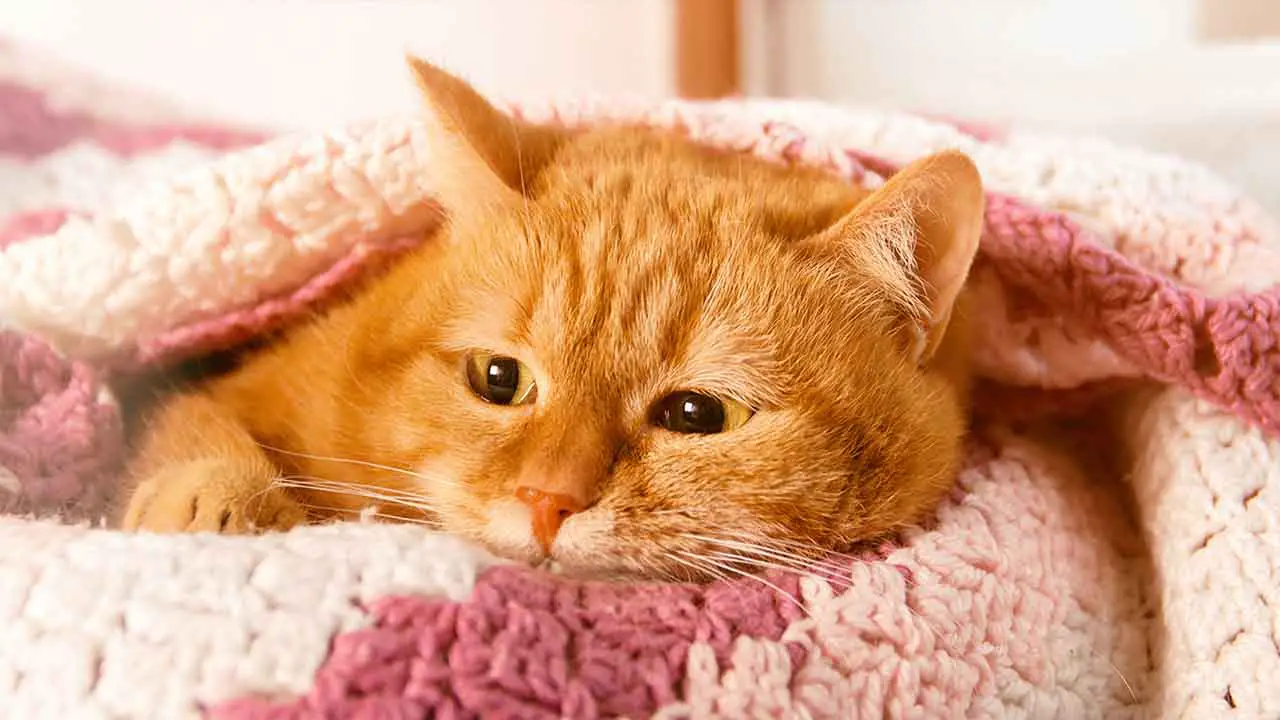
Several types of systemic steroid medications may be prescribed for cats, including Depo Medrol. Depo Medrol is a long-acting corticosteroid that can help reduce inflammation and alleviate symptoms in cats with certain medical conditions. It is typically administered by injection and can provide relief for several weeks.
The effects of steroids on cats can vary, and your veterinarian may decide to use other types of systemic steroid medications in order to minimize side effects and maximize efficacy. Other commonly used systemic steroid medications for cats include prednisolone and dexamethasone, which come in various forms, such as tablets, liquids, or injections.
It is important to work closely with your veterinarian to determine the most appropriate type and dosage of systemic steroid medication for your cat’s specific condition. Regular monitoring and follow-up appointments may also be necessary to ensure the medication is effective and well-tolerated by your feline companion.
Conclusion
This is the best place to find up-to-date information on depo medrol cat lethargic. Including treatments for your condition and medications that may be available if you want more information about depo medrol lethargic cats. Or want to know what other people have experienced with their disease.
Its readers may wonder what depo medrol cat lethargy is and if it is a side effect of depo medrol cats. Depo Medrol Feline Lethargy is an uncommon side effect of Depo Medrol Feline, a systemic steroid medication for cats. Any medication taken systemically (throughout the body) is systemic steroid medication.
Depo Medrol cat lethargy is a side effect of prednisone and prednisolone—the most commonly used systemic steroid medications for cats. Patients take oral steroids (by mouth), while healthcare providers inject injectable steroids into the body. Oral steroids may cause side effects such as vomiting, diarrhea, and weight gain.
FAQs
Does Depo-Medrol Make Cats Sleepy?
Depo-Medrol, a corticosteroid medication, can potentially cause drowsiness or lethargy in cats as a side effect. However, cats vary in the extent of sleepiness, and not all cases may exhibit it.
Can A Steroid Shot Make A Cat Lethargic?
Yes, a steroid shot can potentially make a cat lethargic. Steroids are popular to have side effects such as drowsiness, fatigue, and decreased activity levels. These effects can vary depending on the individual cat and the specific steroid used.
Can Depo-Medrol Cause Loss Of Appetite In Cats?
Yes, Depo-Medrol can potentially cause loss of appetite in cats. This medication is a corticosteroid that can have various side effects, including changes in appetite. It is important to monitor your cat’s eating habits while they are on this medication and consult your veterinarian if you notice any significant changes or concerns.
Is Depo-Medrol Harmful To Cats?
Yes, Depo-Medrol can harm cats if used improperly or in excessive doses. It is a corticosteroid medication with various side effects, including increased thirst and appetite, weight gain, immune system suppression, and potential long-term effects on the cat’s health.
Is Fatigue A Side Effect Of Medrol?
Yes, fatigue can be a side effect of Medrol. Medrol, also known as methylprednisolone, is a corticosteroid medication often handy to reduce inflammation and suppress the immune system. Fatigue is listed as a common side effect of Medrol, along with other possible side effects such as headache, dizziness, and changes in mood.

Aquarium passion is all about connecting with the aquatic life and providing education to the public on the importance of these creatures. We showcase a wide variety of marine life through our exhibits as well as working with schools to provide unique learning opportunities for students of all ages.

